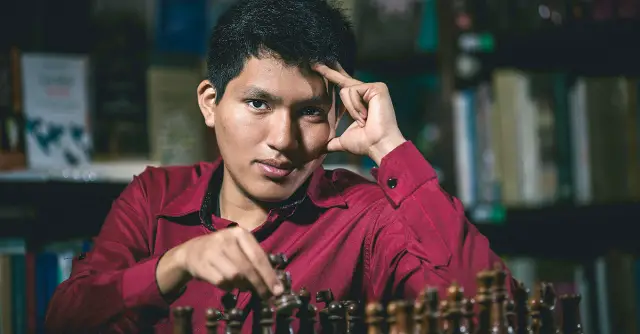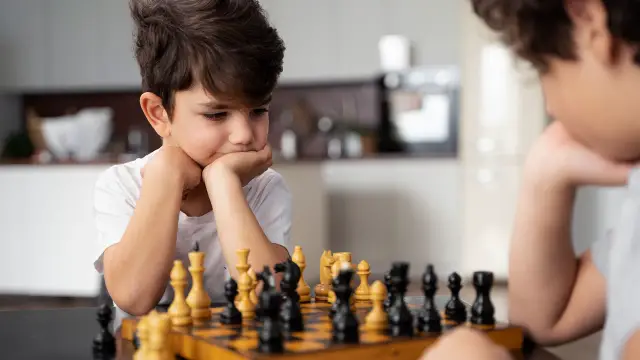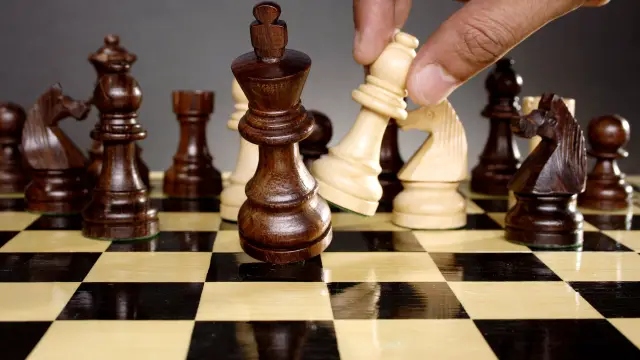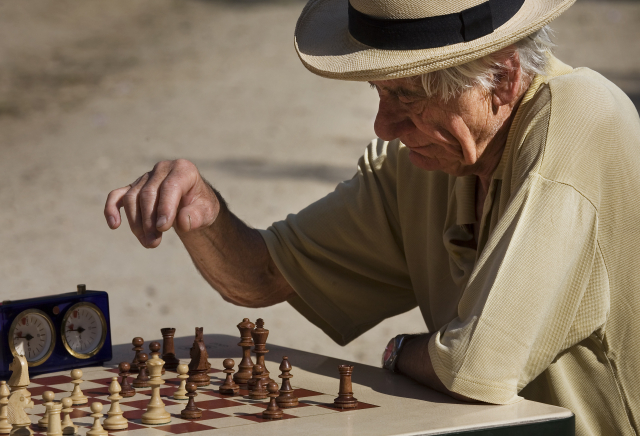World Chess Day , celebrated every July 20th , is a date that pays tribute to one of the oldest, most strategic, and universal games in the world. In Peru , chess has gained strength not only as a high-level sport, but also as an educational, social, and cultural tool that contributes to the integral development of people. From school tournaments to international competitions, the Andean country experiences chess with passion and commitment, strengthening its presence in schools, clubs, and rural communities. In this article, we explore how this special date is celebrated in Peru, the growth of chess in different regions, its pedagogical benefits, and the impact it has on the lives of thousands of Peruvians of all ages.
The rise of chess in Peru
Growth of chess in the country
In recent years, chess has experienced significant growth in Peru, driven by increased awareness of its benefits and increased investment in sports infrastructure. The Peruvian Sports Federation of Chess (FDPA) , together with various educational institutions and regional governments, has promoted initiatives that bring this sport closer to children, youth, and adults. Programs such as "School Chess" in public schools have significantly increased the number of students learning and competing from an early age, building a solid foundation of future talent.
International successes of Peruvian chess players
Peru has seen outstanding talent emerge on the international stage, positioning itself as an emerging power in Latin America. Players such as Jorge Cori , Deysi Cori , and Emilio Córdova have represented the country in World Championships, Pan American Chess Championships, and Chess Olympiads, earning medals and global recognition. These achievements not only elevate the prestige of Peruvian chess but also motivate new generations to follow in their footsteps and make chess a true professional career.

How is World Chess Day celebrated in Peru?
Special events and tournaments
Every July 20th, various organizations such as the FDPA , private clubs, and municipalities organize simultaneous tournaments, mass outdoor gatherings, and recreational activities in plazas, schools, and cultural centers. These initiatives seek to bring chess to the entire population, breaking down barriers based on age or economic status, and promoting the game as a means of social and cultural integration.
Chess talks and workshops
During this period, master lectures by national and international masters are also scheduled, analyzing iconic games, classic strategies, and theoretical innovations. In addition, introductory workshops and basic courses are offered for those wishing to learn chess, providing an ideal opportunity to discover the sport in a festive and educational atmosphere.
School and community participation
Schools play a fundamental role in the celebration. Many educational institutions organize internal tournaments, special classes, and exhibitions open to the public. Furthermore, in rural communities and marginalized urban areas, this date is used to hold inclusive activities that allow children and young people from vulnerable backgrounds to access this educational game free of charge.
Chess as an educational and social tool
Cognitive and emotional benefits
Chess is not only a mental sport, but also a powerful tool for personal development. It helps improve concentration, memory, analytical skills, and decision-making under pressure. It also teaches long-term planning, managing frustration in the face of defeat, and persevering to overcome obstacles, making it an excellent educational and emotional tool for all ages.
Social inclusion and rural chess
In various regions of Peru, chess has become a strategy for social inclusion, especially in rural areas and vulnerable communities. Projects led by NGOs, local governments, and volunteer teachers have brought chess boards and basic skills to places where few resources reach. In this way, chess becomes an accessible, affordable, and transformative tool, capable of opening new opportunities for those who need it most.

The role of technology in Peruvian chess
Digital platforms and online tournaments
The rise of platforms like Lichess , Chess.com, and Tornelo has revolutionized the way Peruvians practice and compete in chess. Thanks to these tools, it's possible to access rapid games, international tournaments, training with analysis engines, and live streams. During the pandemic, these platforms kept competitive chess alive, and today they remain a key tool for the sport's expansion.
Online training for coaches and instructors
The use of technology has also facilitated instructor training. Several academies offer online courses to train certified instructors and coaches, which has significantly improved the quality of teaching at all levels. This has made it possible for even remote areas of the country to have qualified coaches to guide new generations of chess players.
Table: Outstanding Peruvian chess players
| Name | FIDE Title | Outstanding achievement |
|---|---|---|
| Jorge Cori | Grand Master | Pan American Under-20 Champion |
| Deysi Cori | Grandmaster | 2011 World Junior Gold Medal |
| Emilio Cordova | Grand Master | Olympic participant in multiple editions |
Projection of Peruvian chess
With the constant growth of young talent, institutional support, and digital access, chess in Peru has a promising future. New figures are expected to emerge in the coming years, the number of regional tournaments will increase, and ties between schools and federations will strengthen. Media visibility and private support will also be key to ensuring chess continues to grow as a sport and as a tool for human development.

How can we continue promoting chess in Peru?
Include chess as a required course in public and private primary schools.
Create high-performance centers in provinces with greater chess activity.
Promote alliances with universities and companies to fund events and scholarships.
Broadcast chess content on television, YouTube, TikTok, and social media.
A board that connects generations
Chess in Peru is not just a competitive activity, but a tool for social, educational, and cultural transformation. Celebrate World Chess Day by exploring a board that unites generations, challenges the mind, and strengthens strategic thinking. Support local chess, participate in events, teach your children to play, and promote this sport in your community. Because more than a game, chess is a way of seeing the world with logic, respect, and a vision for the future.
Frequently Asked Questions (FAQ)
Why is World Chess Day celebrated on July 20?
Because that day was the day FIDE (International Chess Federation) was founded in 1924, the organization that regulates official competitions globally.
Who are the most renowned chess players in Peru?
Jorge Cori, Deysi Cori and Emilio Córdova are the current leading figures of Peruvian chess on the international scene.
Where to learn chess in Peru?
You can learn in clubs, private academies, online platforms, or through school programs implemented in different districts across the country.
Is chess compulsory in Peruvian schools?
It is not mandatory at the national level, but many institutions include it as an extracurricular activity or part of the tutoring and cognitive development plan.
